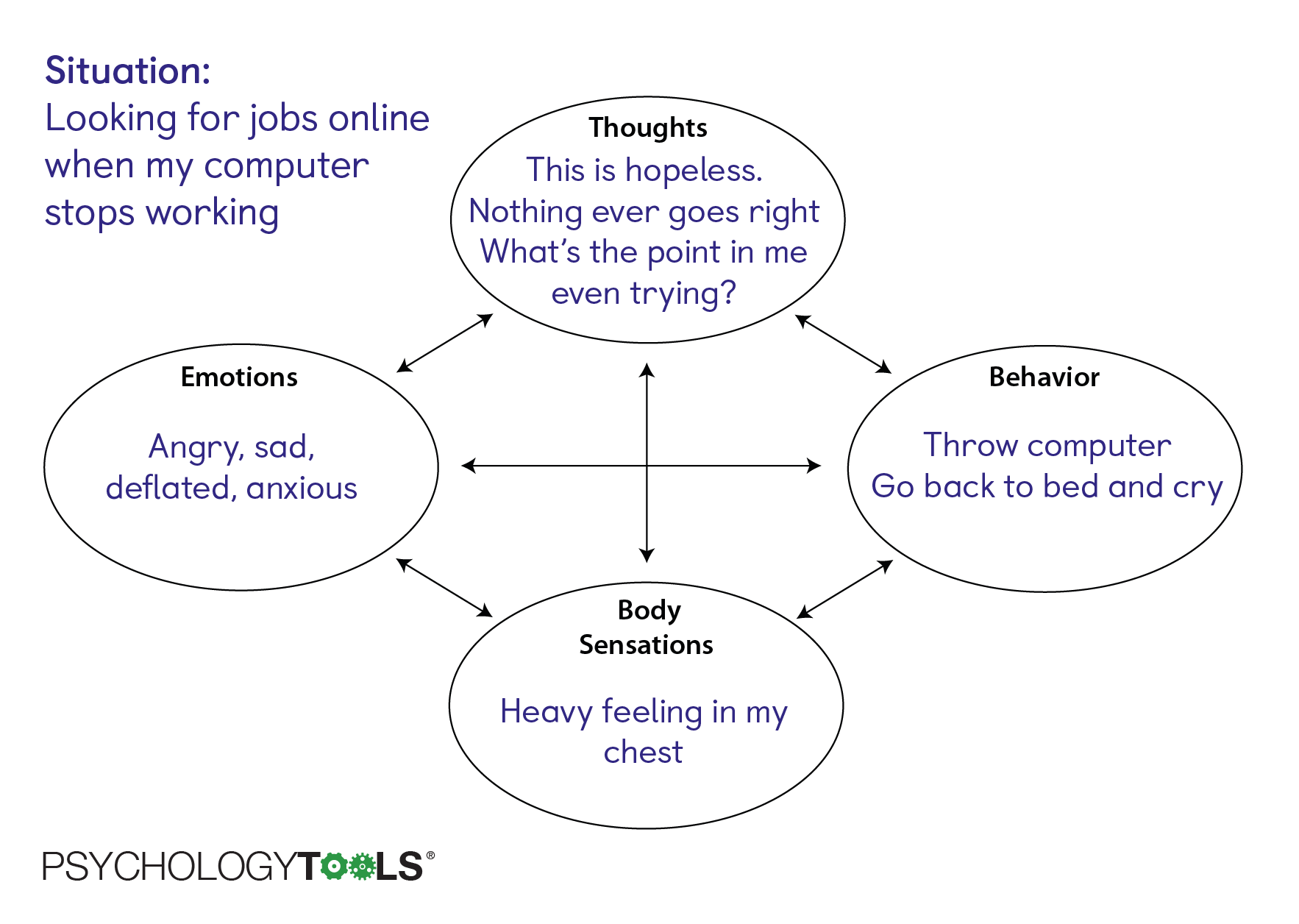 What is Cognitive Behavioral Therapy (CBT)? | Psychology Tools
What is Cognitive Behavioral Therapy (CBT)? | Psychology ToolsThey are at the exact moment they are looking for. How to decide which type of therapy to provide There is not a single career that fits all therapists, and few therapists treat each topic and every population. If you have an idea about the people you would like to work with or on the topics you would like to address as a therapist, this can help guide your postgraduate options, courses, practices and other career preparations. There are many factors that you will consider when deciding which type of therapist will become, including: Therapy models, theories and practices While postgraduate programs in therapy and psychology will teach you the general skills and knowledge necessary to become an ethical therapist, most therapists will seek additional and specialized training in specific therapy models or practices. There are hundreds of different available to help treat the many unique mental health conditions that bring people to therapy. Some of these models of therapy and theories have been widely used and studied in the professional field, while others may be less known or emerging to meet the needs of specific populations. As a therapist, it is important to decide which theories and therapeutic practices you want to incorporate into your practice and get proper training to use them effectively. It is common for therapists to use more than one type of therapy in their counselling practice. Treatment populations If you are attracted to work with a certain demography, you may want to specialize in your therapy training to meet the needs of that population. Examples of different treatment populations include: Of course, there are many different populations you can work with. You can choose to work with a very limited, specific group of people or offer advisory services to a variety of groups. Groups you want to work with can affect your work options. For example, it could end up working in a community mental health organization where it can provide subsidized therapy services if it decides to work with low-income populations. Problems treated in therapy No therapist can masterfully treat every problem in each population. Instead, consider the choice of specific topics that you think may stand out in treatment. For example, you could reduce your work approach to dealing with trauma for people who have been abused, survived a natural disaster or experienced labour discrimination. In addition, mental health conditions diagnosed, such as depression, schizophrenia or obsessive compulsions, often require expert intervention and treatment strategies adapted to the underlying causes. There are also many people looking for therapy because they need help to navigate the transitions of everyday life, such as getting older, graduating college or ending a relationship, and therapists can play an invaluable role in helping people navigate the complexities of interacting with others and living in a modern world. Some therapists also choose to become , helping people achieve specific goals that may not be related to a mental health challenge. Some people are attracted to the field of therapy because they have experienced their own mental health problems and want to help others cope and recover from similar experiences. Although it is certainly not necessary that you have personally experienced the same problems as potential customers, therapists who have not successfully confronted their own personal problems could negatively affect their ability to help. Therapy Settings There are a wide variety of settings you can practice therapy. For example, you could work as a , go to private practice in your own office, find employment in a psychiatric hospital, serve as a consultant for a commercial or non-profit organization, or work as a . Some therapists work in the judicial system as expert evaluators or witnesses; others provide therapy to people in prison or in medical and mental health programs. While it may seem that there are many adjustments to choose from, the right environment will be dictated by how you want to work with people. The office space or location you choose will depend to a large extent on whether you choose to specialize in family counselling or counselling, individual or collective therapy, or to implement dance, movement, art or sessions. Making all these decisions in the early stages of your education may seem daunting. Note that your career will probably evolve as you advance through your educational requirements. As you get exposure to a variety of therapy models and treated problems, you can discover the type of therapy that matches your interests and inclinations. People are reading Read More Therapy! Mental health professionals who meet our membership requirements can take advantage of benefits such as:Note to Users About GoodTherapyResources Subscribe to Newsletter Follow BuenaTerapiaCopyright © 2007 - 2021 . All rights reserved.
Accessibility links Search results Cognitive behavioral therapy - WikipediaList of behavioral cognitive therapies - WikipediaA guide to the therapist for short behavioral cognitive therapyLearn cognitive behavioral therapy in primary care: a hybrid ...For the full functionality of this site it is necessary to enable ...Cognitive behavioral therapy (CBT) for cognitive schizophrenia ...5 Common techniques of conductive therapy Foot links

Cognitive behavioral therapy - Wikipedia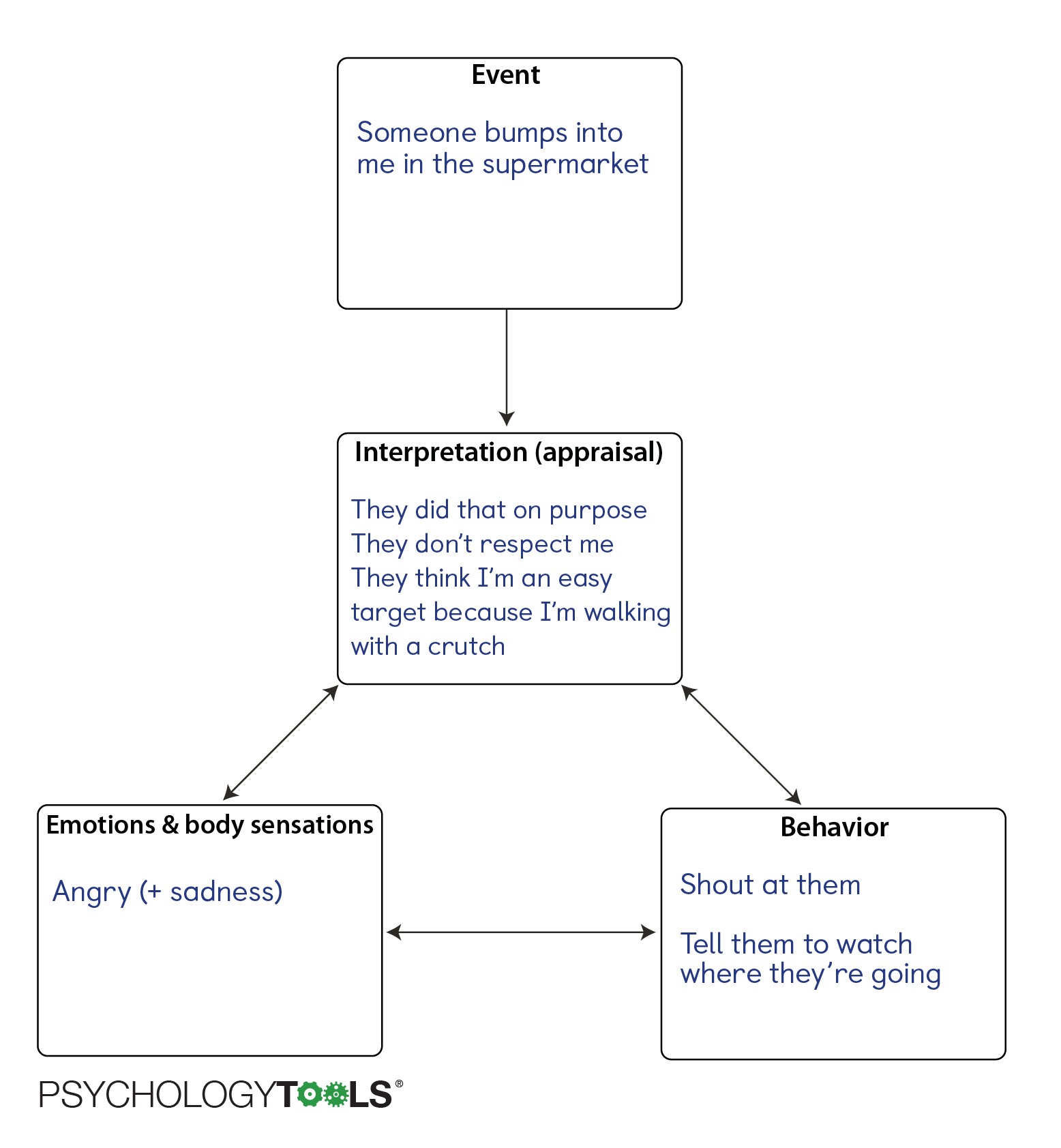
What is Cognitive Behavioral Therapy (CBT)? | Psychology Tools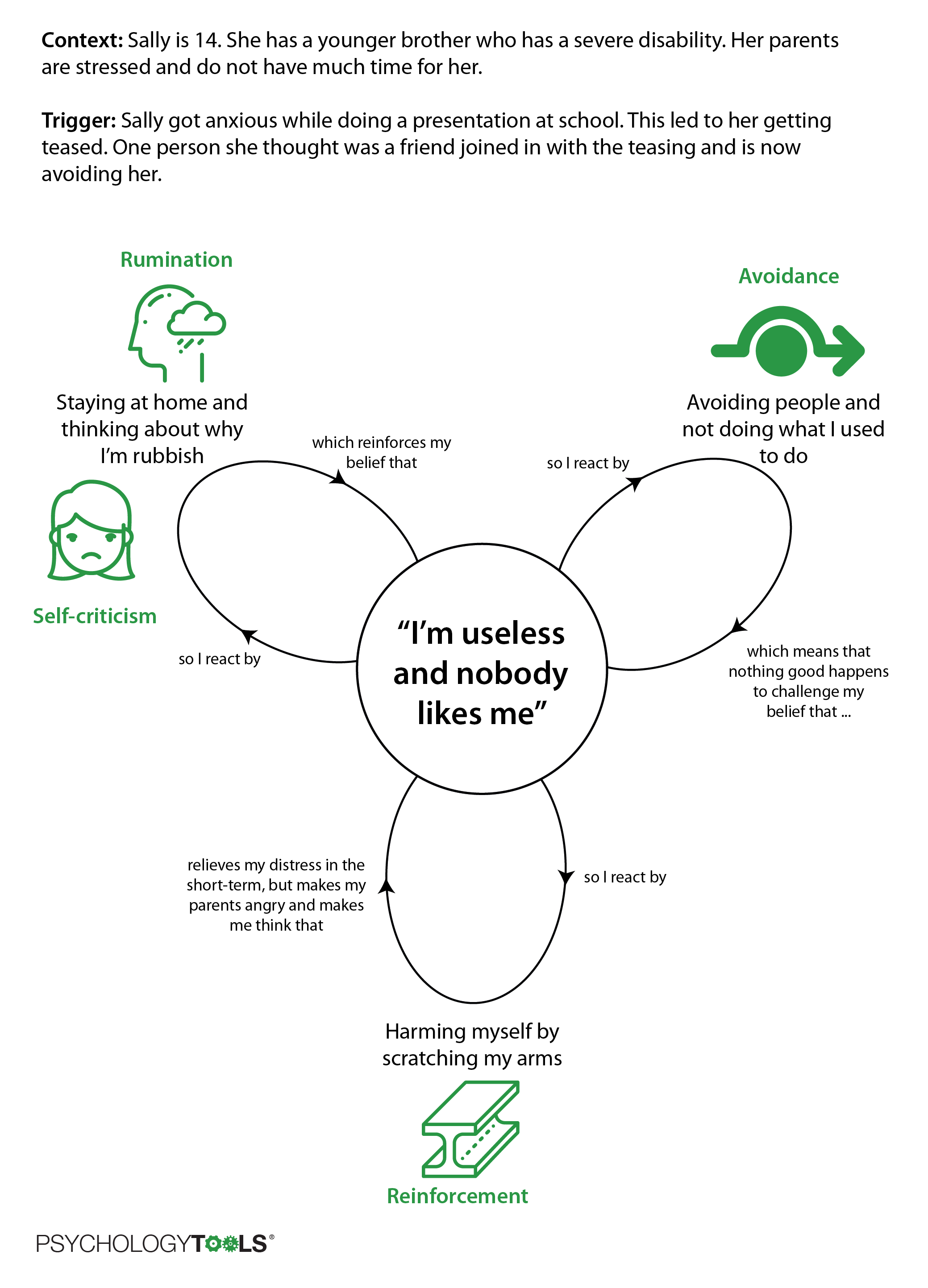
What is Cognitive Behavioral Therapy (CBT)? | Psychology Tools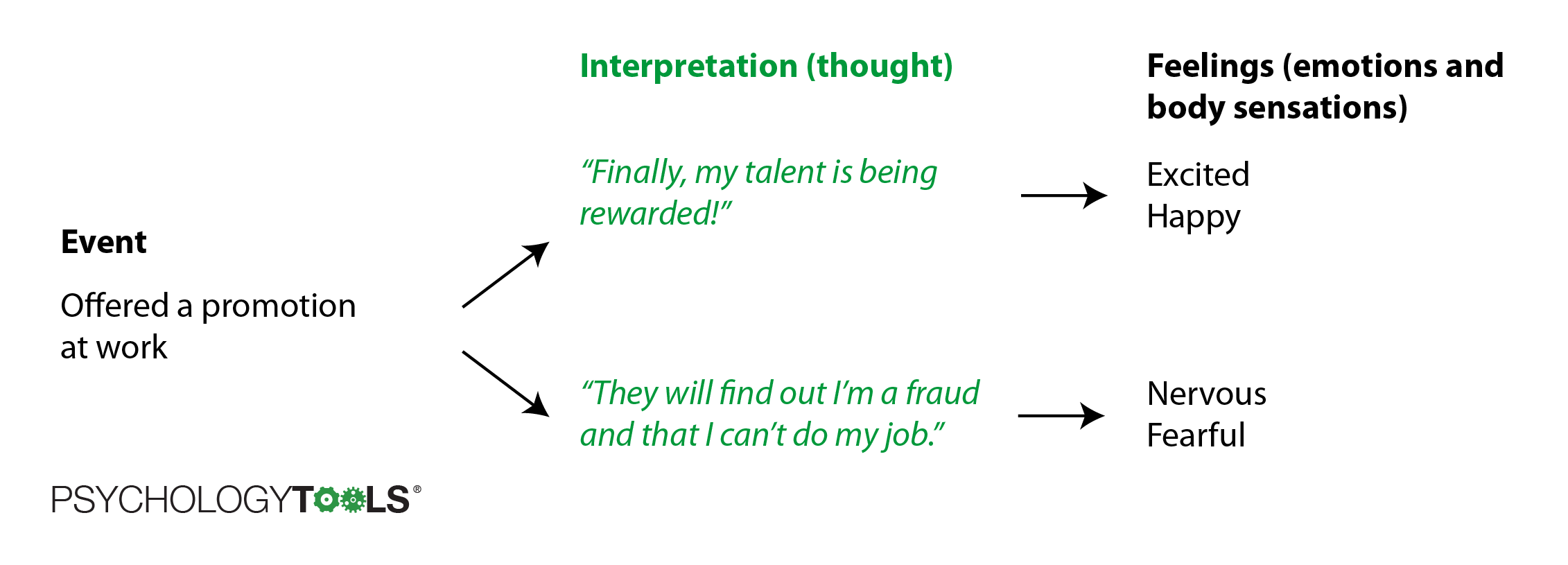
What is Cognitive Behavioral Therapy (CBT)? | Psychology Tools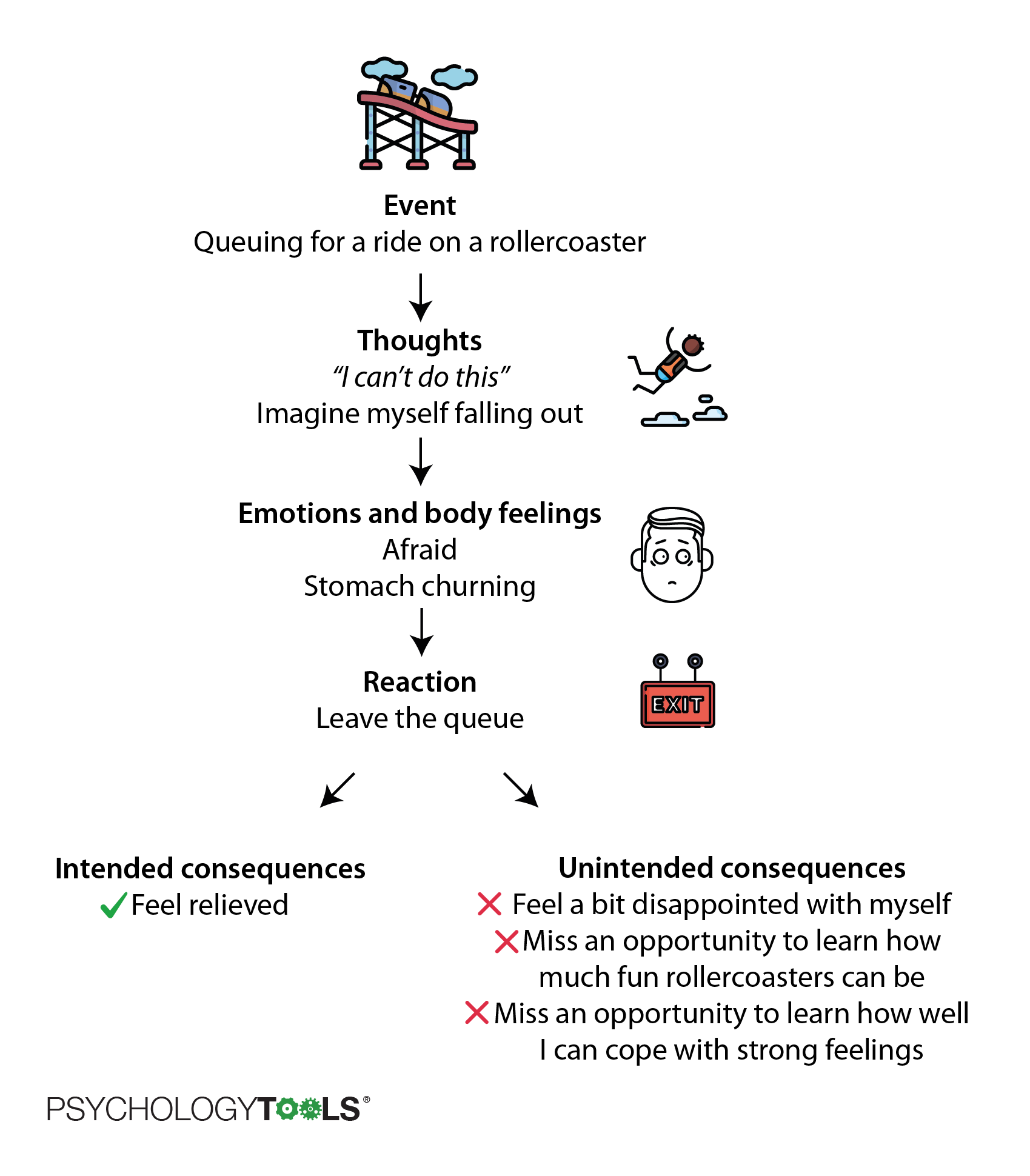
What is Cognitive Behavioral Therapy (CBT)? | Psychology Tools:max_bytes(150000):strip_icc()/how-to-choose-the-right-therapist-for-you-4842306_final-b9a90df73d424c7ebb5122f280bee4f7.gif)
How to Choose the Right Therapist for You/how-to-write-a-psychology-case-study-2795722-finalv1-ct2-4a3bbfb62a3f4cd986323b3f9a116931.png)
How to Write a Psychology Case Study/types-of-psychologists-and-what-they-do-2795627_v1-9a9b856f7d1c494aafb96f59e4843f55.png)
20 Different Types of Psychologists and What They Do
Finding a Therapist/Counsellor Which Therapist?
Blog Therapy, Therapy, Therapy Blog, Blogging Therapy, Therapy,..
How to choose a psychologist
Blog Therapy, Therapy, Therapy Blog, Blogging Therapy, Therapy,..
What is Cognitive Behavioral Therapy (CBT)? | Psychology Tools
Therapy Questions Every Therapist Should Be Asking
Putting It All Together | Psychology Tools
What Are the Best Behavioral Therapies for Autism?
Blog Therapy, Therapy, Therapy Blog, Blogging Therapy, Therapy,../An-overview-of-problem-solving-therapy-4767991-V1-fa391db89dd94c99aba4f8132d679ee8.gif)
An Overview of Problem-Solving Therapy![Different Types of Therapy [Psychotherapy]: Which is Best For You? | Talkspace Different Types of Therapy [Psychotherapy]: Which is Best For You? | Talkspace](https://www.talkspace.com/blog/wp-content/uploads/2020/12/different-types-therapy-psychotherapy-best_1200.png)
Different Types of Therapy [Psychotherapy]: Which is Best For You? | Talkspace
What Kind of Therapist – and Which Type of Therapy – Is Right for You? | For Better | US News
What is Cognitive Behavioral Therapy (CBT)? | Psychology Tools
Blog Therapy, Therapy, Therapy Blog, Blogging Therapy, Therapy,..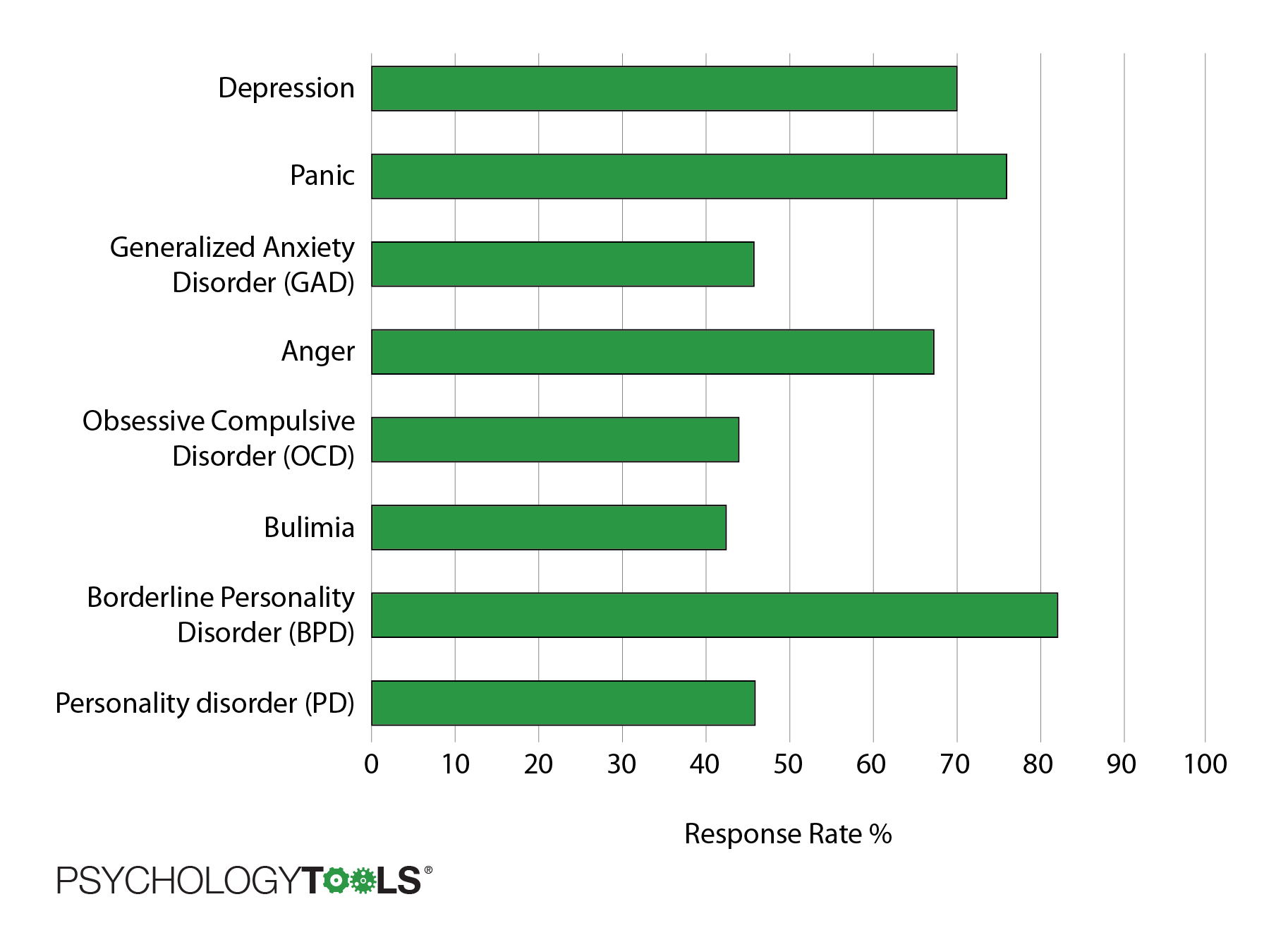
What is Cognitive Behavioral Therapy (CBT)? | Psychology Tools
Counseling (or Counseling). 5 Reasons Why We Need It | BetterHelp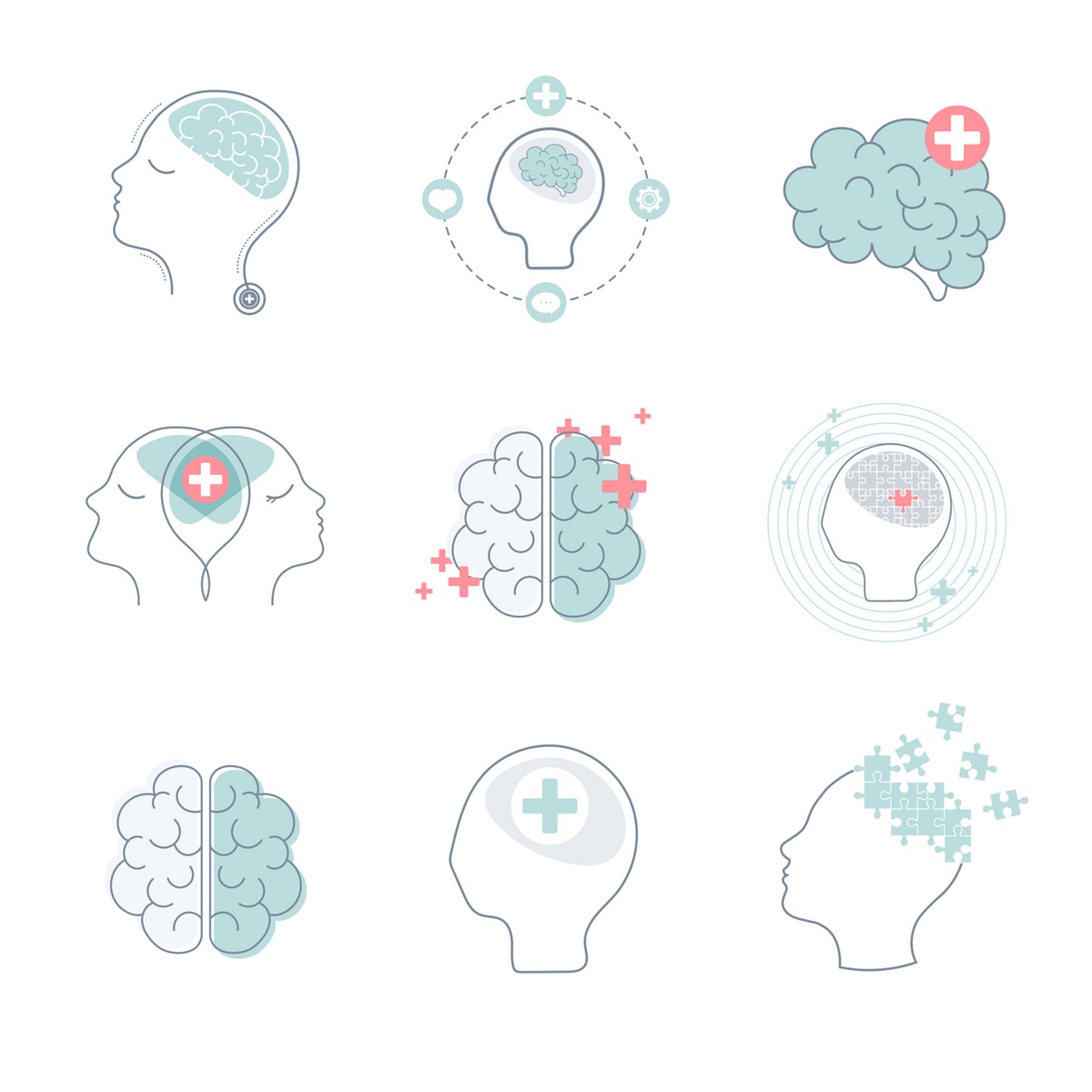
Counseling (or Counseling). 5 Reasons Why We Need It | BetterHelp
NIMH » Depression
9 Awkward Questions You Probably Want to Ask Your New Therapist | SELF
Guidelines for Assessment of and Intervention with Persons with Disabilities
In-Depth: Cognitive Behavioral Therapy
Effective, Affordable Online Therapy » Try Talkspace
What is Psychodynamic Therapy? 5 Tools & Techniques![Different Types of Therapy [Psychotherapy]: Which is Best For You? | Talkspace Different Types of Therapy [Psychotherapy]: Which is Best For You? | Talkspace](https://www.talkspace.com/blog/wp-content/uploads/2016/05/Heads_v2.png)
Different Types of Therapy [Psychotherapy]: Which is Best For You? | Talkspace![Different Types of Therapy [Psychotherapy]: Which is Best For You? | Talkspace Different Types of Therapy [Psychotherapy]: Which is Best For You? | Talkspace](https://www.talkspace.com/blog/wp-content/uploads/2020/12/different-types-therapy.png)
Different Types of Therapy [Psychotherapy]: Which is Best For You? | Talkspace
6 Group Leadership, Concepts, and Techniques - Substance Abuse Treatment: Group Therapy - NCBI Bookshelf
What Is Family Therapy? + 6 Techniques & Interventions
What is Cognitive Behavioral Therapy (CBT)? | Psychology Tools
How to Find a Therapist That's Right for You: 9 Key Tips
How to Diagnose a Mental Health Disorder | Sunrise House
Understanding psychotherapy and how it works
 What is Cognitive Behavioral Therapy (CBT)? | Psychology Tools
What is Cognitive Behavioral Therapy (CBT)? | Psychology Tools




:max_bytes(150000):strip_icc()/how-to-choose-the-right-therapist-for-you-4842306_final-b9a90df73d424c7ebb5122f280bee4f7.gif)
/how-to-write-a-psychology-case-study-2795722-finalv1-ct2-4a3bbfb62a3f4cd986323b3f9a116931.png)
/types-of-psychologists-and-what-they-do-2795627_v1-9a9b856f7d1c494aafb96f59e4843f55.png)








/An-overview-of-problem-solving-therapy-4767991-V1-fa391db89dd94c99aba4f8132d679ee8.gif)
![Different Types of Therapy [Psychotherapy]: Which is Best For You? | Talkspace Different Types of Therapy [Psychotherapy]: Which is Best For You? | Talkspace](https://www.talkspace.com/blog/wp-content/uploads/2020/12/different-types-therapy-psychotherapy-best_1200.png)












![Different Types of Therapy [Psychotherapy]: Which is Best For You? | Talkspace Different Types of Therapy [Psychotherapy]: Which is Best For You? | Talkspace](https://www.talkspace.com/blog/wp-content/uploads/2016/05/Heads_v2.png)
![Different Types of Therapy [Psychotherapy]: Which is Best For You? | Talkspace Different Types of Therapy [Psychotherapy]: Which is Best For You? | Talkspace](https://www.talkspace.com/blog/wp-content/uploads/2020/12/different-types-therapy.png)






Posting Komentar untuk "before deciding on the particular form of treatment for an individual, a therapist needs to"